Are our primetime dramas a mirror to society?
Actress Amar Khan stares out from the screen, her head covered, her face contorted into a sad smile. Her husband, a pugnacious, sneering Ahsan Khan swaggers up to her and begins screaming. Her mother-in-law, played by Saba Faisal, cocks an arrogant eyebrow and sighs in satisfaction that her daughter-in-law is getting her dues. Slaps range across the TV screen, echoing one after the other.
The episode in which Amar’s character got beaten up the most ended up becoming one of the highest rated for 7th Sky Entertainment’s hit drama series Qayamat. Ratings also skyrocketed in the episode in which her character, unable to continue enduring the torture, died.
In another drama, the Ramazan blockbuster romantic comedy Chupke Chupke, Ayeza Khan as the beguiling Meenu, gets distressed when her newlywed bliss is threatened by family politics. Time and again, she wrings her hands, declaring that she does not want a “talaaq ka thappa” (the stigma of a divorce) upon her.
The sentiments of women in the viewing audience who may be divorced or struggling through unhappy marriages were not considered. The notion that divorce is a taboo that ruins a woman’s life was put forward as if it were the norm. I doubt that the drama-makers even batted an eyelid while doing it.
Stories about the physical and emotional abuse of women tend to haul in high viewership ratings and massive profits on prime time TV. But are these dramas showing a mirror to society, or are they reinforcing the very troubling mindsets prevalent in our society?
Even more recently, in the drama Laapata, that has just begun airing, Ayeza Khan plays an enthusiastic TikTok influencer who forces a neighbourhood shopkeeper to give her a discount, threatening to accuse him of harassment if he did not do so.
Victims of actual harassment must have quivered within, saddened that their personal misery could be reduced to a joke. The misuse of the MeToo! movement, something that needs to be condemned, was supposed to give a comic representation of Ayeza’s insouciant Geeti Princess. In some ways, it did cast light on Geeti’s impulsive, manipulative nature, but so did successive scenes following this. This particular segment could easily have been avoided.
There are also plenty of stalkers roaming about the TV landscape. In the currently airing Ishq Hai, the hero, played by Danish Taimoor, kidnaps Minal Khan and forces her to marry him. In the colossally popular Khuda Aur Mohabbat 3, Feroze Khan trails after Iqra Aziz and becomes part of the domestic staff in her home simply because she had made the mistake of being friendly towards him at a wedding. In another drama, Ishqiya, Feroze Khan’s girlfriend marries someone else to appease her parents and he takes revenge by marrying her younger sister.
Sometimes, these stalkers do get punished aptly. Ishqiya, for instance, wrapped up with a sad ending in which Feroze is left crying for the rest of his life. In Khuda Aur Mohabbat 3, also, our hero pays for his misplaced love through incessant episodes that show him brooding and crying buckets at a mazaar (shrine). In other cases, the virtuosity of the long-suffering female protagonist is exemplified when she decides to forgive her violators. Believe it or not, everyone then lives happily ever after.
There are many more problematic narratives that are popular staples in the local drama world: a slew of toxic bhabis obsessed with evil schemes, mother-in-laws seeking vengeance and even resorting to a bit of voodoo here and there, and domestic violence glorified to the point that it ceases to highlight a cause and becomes sensationalist.
It’s a well-known fact that these very painful stories tend to haul in high viewership ratings and massive profits for channels and producers. This is why we see so many of them on prime time TV. However, these stories, playing out on national TV for free every evening in our homes, enacted by well-loved stars, also reinforce some very troubling mindsets prevalent in Pakistani society.
When domestic violence gets sensationalised and shown frequently in multiple dramas, the subliminal message given out is that this is the norm. Besides, with the wife usually forgiving her husband and in-laws for their brutality by the final episode, it is assumed that it can’t be all bad.
Showing societal evils is a part of storytelling, but it needs to be employed as a tool for catharsis,” says Osman Khalid Butt
The woman with her head covered is the archetype of the perfect wife, mother and daughter-in-law. The fashion forward, independent woman is the villain. Divorce is a stigma that needs to be avoided at all cost. It may be fiction on TV but it’s alarming when these very narratives translate to real life, when flashing ‘Breaking News’ headlines deliver grisly details about young girls getting raped, murdered and abused.

Just as distressing are the comments that such headlines inspire on social media. When a woman is raped, Pakistan’s morally correct take to the internet to ask what she was wearing. Perhaps her provocative dressing led the man to go astray. Perhaps even the six-year-old who got raped should have been shrouded in a burqa, lest she trigger the virility of a man passing by. A girl, murdered and beheaded, is subjected to a brutal character analysis, dissecting past transgressions that may have led to her violent end. Meanwhile, a woman, talking about serving her husband and setting aside her own needs, is applauded as a paragon of piety.
It’s indicative of the deeply troubling mindsets that are now inherent to Pakistan’s skewed moral compass. Most of our TV dramas are not helping in correcting this way of thinking. Often, in fact, they are condoning it. Are actors, directors, producers and channels not aware of the violence against women raging through the country and the need to uplift mass mentality with more progressive programming? Do they not know that they are doing quite the opposite, with the stories that they promote? Of course they do.
The ‘idiot box’ — but not really
“TV is often called the ‘idiot box’ but it isn’t really,” points out actor Osman Khalid Butt. “If it were, we wouldn’t constantly be harking back to the PTV days when innovative, thought-provoking content was prioritised. I think that TV is a very powerful medium that can shift mindsets on a mass level if only we utilised it correctly.
“Still, diversifying towards more conscientious content is an uphill struggle and it won’t happen overnight. It’s not as if we can wave a magic wand and suddenly local dramas will move beyond the tropes that bring in viewership: marriage, scheming in-laws, the glorification of evil acts.
“Showing societal evils is a part of storytelling, but it needs to be employed as a tool for catharsis. Baaghi, for instance, was inspired by the life of the late Qandeel Baloch and it tried to depict her in a very human way, rather than paint her white or black, good or evil.
“By the final episode, the audience wanted to apologise to Qandeel for the travails that she had endured, rather than chastise her. When effort is made to show the nuances within characters, it humanises them for the audience. Women, or even men for that matter, cannot be restricted to purely good or evil portrayals.”
Veteran actor Naumaan Ijaz observes that the focus on showing just negativity in TV dramas erodes family values. “Producers and channels will tell you that the lurid plots of dramas are realistic illustrations of Pakistani society,” he says. “But while they are eager to show the bad, churning out slapdash masala stories, they don’t make too much of an effort to show the good. The audience has got accustomed to the substandard content and the ratings go high. Chai mein makkhi hai, humein yeh pata bhi hai aur phir bhi hum usse peeyay ja rahe hain [There’s a fly floating in the tea that we are drinking, we know this, yet we still keep drinking it].”
Ghar na tootay
Actress Ushna Shah particularly feels aggravated by the senseless scripts that are often offered to actors, presenting them with the difficult choice of either taking on a role they don’t agree with or else remain jobless.
“I think that it’s high time that we start making art that takes a stand against the status quo. I’m not just talking about the dramas that highlight rape and domestic abuse. I’m talking about introducing the concept of happy endings, where the woman actually walks away from a problematic marriage.
“I can’t count how many dramas I have acted in, and subsequently fought in, where the ‘happy end’ is that my character goes back to her abuser and he ‘changes’ simply because ‘ghar nahin tootna chahiyay’ [a home should not be broken]. When will it become okay to break a home that is abusive? How else will we normalise this in our culture? Isn’t this our social responsibility as artists?”
She continues, “Why aren’t we making content that shames mamas’ boys? We don’t shame characters of mothers spoiling their sons or their sons behaving like brats. If anything, we glorify this in dramas too. Let’s cut down on the narrative of mothers doting on sons. Our society needs a breath of fresh air and a different perspective. We continuously show English-speaking and Western attire-wearing girls as negative. We imprint these ideologies in the minds of the masses as if they aren’t warped already.
“We should instead be creating content that breaks these regressive stereotypes. Yes, it may not sell at first. Yes, it may not garner high ratings initially but, eventually, the audience will acclimatise to it. If we continuously show empowered women in dramas, if we break down the stigmas of divorce and show it as a happy ending, if we applaud independence, it may give many women the confidence to take a stand against abuse, it can inspire their families and society to be less judgmental and show the men that yes, a woman can walk out.
“Instead, we are so hell-bent on keeping the home intact while so many women are being slaughtered within these very homes. How many hashtags will it take?”
The ‘difficult’ professionals

It is, however, not as simple as it sounds. Far from the madding crowd of formulaic scripts right off a cookie cutter, Bee Gul stands out as a scriptwriter who has always written stories that she believes in. Her Darr Si Jaati Hai Sila was a sensitive, chilling account of harassment that simmers just beneath the tranquil surface of a home.
More recently, Raqeeb Se traversed the lives of men and women who struggled with their inner demons and achieved self-realisation. Bee wrote with a gimlet eye, creating nuances and demonstrating her deep understanding of human emotions. But while the stories riveted, the rating barometer was slower to pick up.
She laughs. “I feel cheated when a drama of mine begins to register ratings. I have resisted commercial acclaim all through my career, preferring to write stories that held meaning to me rather than run after big profits.”
Bee has paid the price for this by often being jobless. “My work has been rejected so many times, because it was considered too dark,” she says. “There have been times when money owed to me by production houses hasn’t come through and there have been long spans when I have been jobless. It has never dissuaded me from writing thought-provoking stories.
“Yes, generally, our dramas thrive on misogyny, just like our society does. Women are oppressed in our storylines and this is appreciated not just by the men in the audience but also by many females. When I write, I refrain from overt moral policing, but I do want to create layers to my stories, prompting people to ask questions, analyse characters and appreciate the subtle messages within.”
Actors, similarly, risk losing out on work when they decide to take a stand. Amar Khan, who tried sitting out on roles that she didn’t agree with, observes, “I took up the role in Qayamat because I hadn’t played a character like that before. Also, actors face the choice of taking on a few stereotypical roles just to keep things moving or else sit at home with nothing to do.” Incidentally, Amar’s popularity trebled once she got bashed up in Qayamat.
Actress Armeena Khan recalls rejecting scripts and asking for lines to get changed because she didn’t agree with her character saying them. “I feel that channels and actors who accept the problematic patriarchy and the pandemic of violence against females are simply accepting the problem and refusing to challenge it. In my own capacity, I have consciously limited myself to work that follows a constructive, positive framework.”
Omair Rana recounts rejecting potential drama offers that he did not agree with ethically. “In the long run, it’s important that I don’t sign on to a role that I will regret enacting for the rest of my life,” he says. “There have been times, though, when I, along with my co-actors, have respectfully worked with the director to find a middle ground that we all agree with.
“Sometimes the actors don’t have the complete script with them and we can get particularly concerned about how the story will pan out. Some years ago, I worked in a drama called Zunn Mureed and, even though half of it had been shot, none of the cast, including myself, knew what would happen in the end. The entire cast — including Hina Khawaja Bayat, Shamim Hilaly, Khaled Anum and myself — sat with the director and told him that we needed to know how the story would wrap up.
“I remember that I had reservations about the way my character divorces his wife over the phone. I insisted that this could not be done and I redrafted my particular monologue.”
Hina Khawaja Bayat, also, doesn’t hesitate from weeding out parts from scripts that she feels promote twisted values. “There was a drama called Tum Kaun Piya, in which I played the mother-in-law from hell. I insisted that my character gets duly punished in the end. I did not want her to fall ill, win everyone’s sympathy and be forgiven. I felt that it was important to give out the message that she had to pay for her evil ways.”
She continues, “And in the drama Yaariyan, I enjoyed playing a single mother who was fiercely independent and also, very principled.”
Have directors or producers ever got irked when she has asked to change scripts? “Fortunately no,” says Hina. “I think they respect my opinions and are aware of my repertoire of work, which has largely been focused on social causes.”
Hina, however, is perhaps an exception. Osman Khalid Butt says, “It can take a second for an actor to be termed ‘difficult’ and be publicly called out for being too interfering. Actors have a responsibility with the work that they choose but, often, we are not given complete scripts when we are asked to decide on a project.
“Not every actor is privileged enough to be able to call out problematic elements when they’re on set and their co-actors, director and crew are waiting on them. The onus of this needs to be on the content department approving episodes.”
Side-stories that matter
Actress Sarwat Gilani pinpoints the issue. “The actor says that these are the only roles being offered, the director says that these are the scripts being written, the scriptwriter declares that producers demand such stories and the producers say that these are the channel’s requirement,” she says. “The channel, in turn, observes its high ratings and states that this is what the audience wants to see. And so, we keep on churning out irresponsible content, preoccupied with the rat race for TRPs [ratings] and resorting to absolutely any level of idiocy and calling it ‘entertainment’.”
Actress Maria Wasti observes that Pakistani TV can’t get changed overnight to start showing more progressive content. “The key is to weave in sub-plots that dismantle stereotypes. The main plot could be entirely commercial, but some of the ensemble cast could have a story that makes a subliminal social statement. There have been times when the sub-track actually becomes a bigger hit than the main plot itself!”
Osman Khalid Butt adds, “Sometimes, all a character or a script needs are a few tweaks and the story becomes more well-rounded and real.”
A case in point could be Chupke Chupke, in which Osman personified the regressive alpha male in later episodes. In the very last episode, when he finally mends his ways, he apologises to the female lead, Ayeza Khan. Had he not done so, the fact that she forgives him would have had been less palatable.
While on the topic of Chupke Chupke, the misogynist jibe at divorce mentioned earlier, could have also been avoided with a well-conceived tweak. Ayeza’s fears, of being labeled a divorcee, could have been quelled by a woman in her family telling her that there was no such taboo. It wouldn’t have made an iota of a difference to the main plot but would have added cerebral value to the script.
It’s a difficult treading ground, with regressive content constantly bringing in ratings and more distinctive scripts shunted to the background. There are exceptions of course: an Udaari, which made a powerful statement against child abuse without downsliding towards graphic details and crass titillation; an Alif, which held its ground with a story on spirituality; the spectacular, recently culminated Dil Na Umeed Tau Nahin, which told a heartrending story and attacked multiple societal evils; and all of Bee Gul’s scripts, which remain impactful and are intelligently crafted.
And if these dramas could keep audiences riveted, so can many more that may veer off the beaten path. There is enough regression and hatred in the real world — it’s about time our TV dramas stop perpetuating it with stories that are just as vile.
Originally published in Dawn, ICON, August 8th, 2021





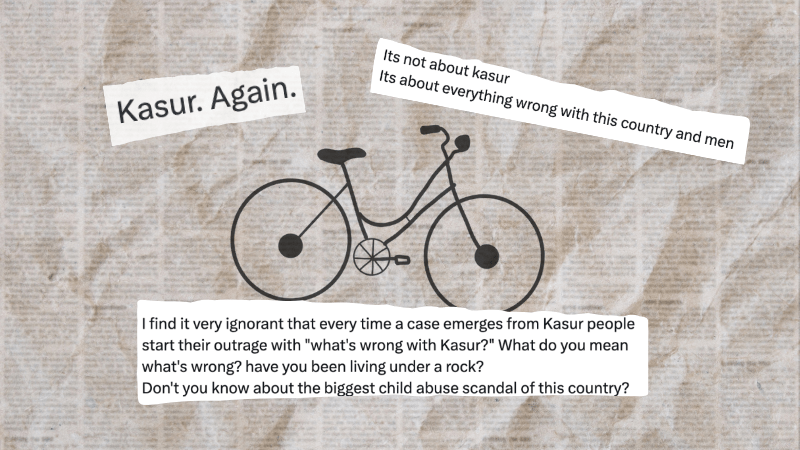
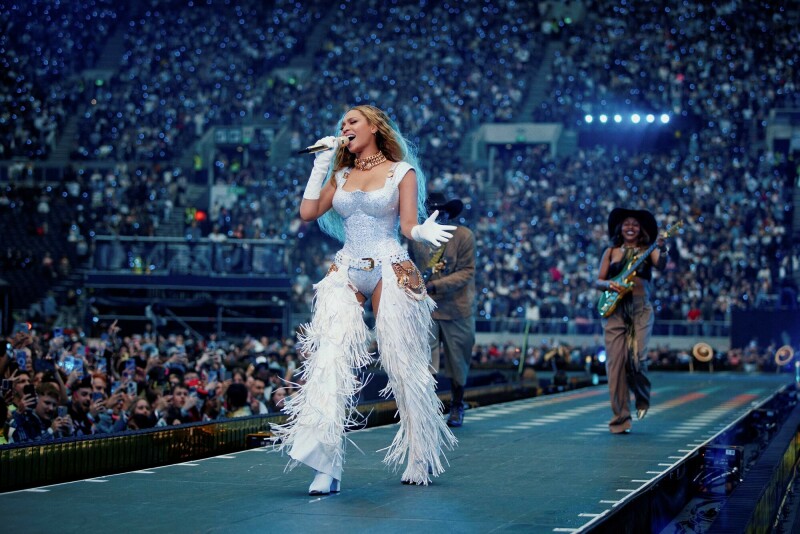
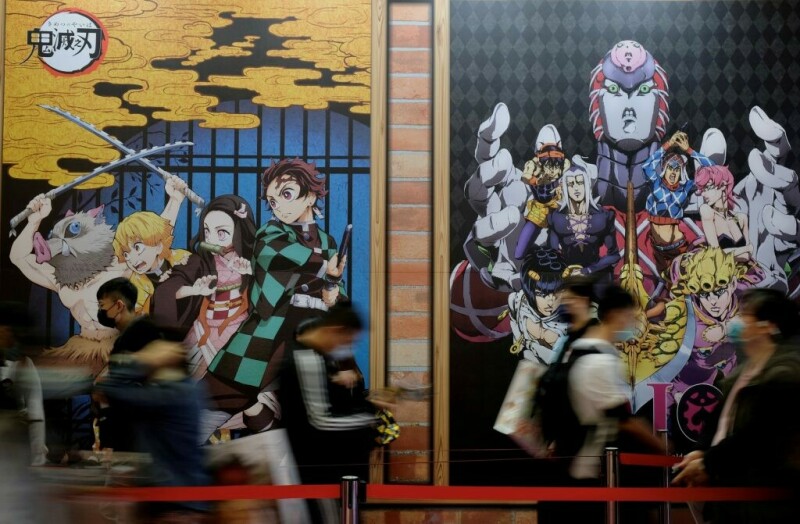
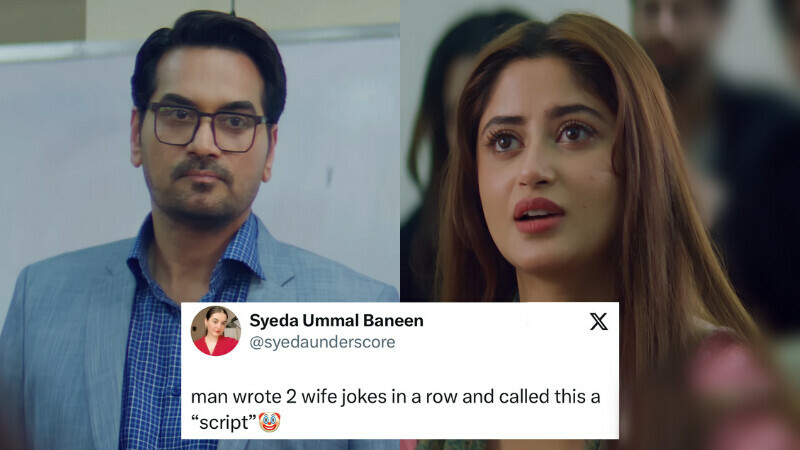
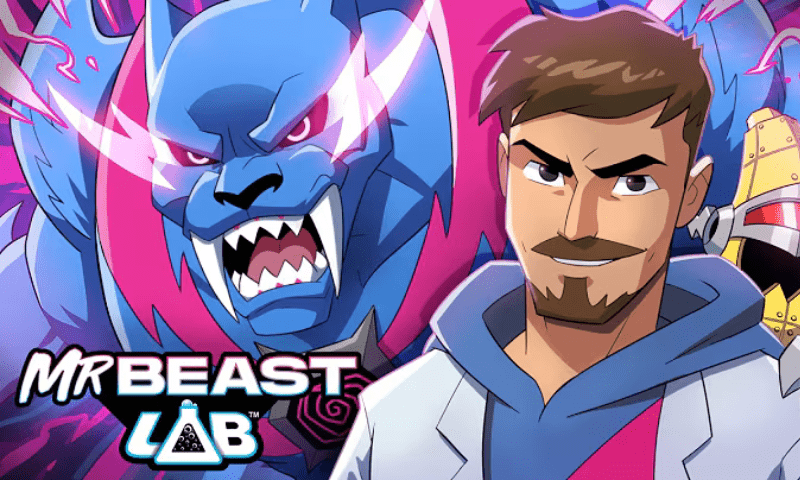
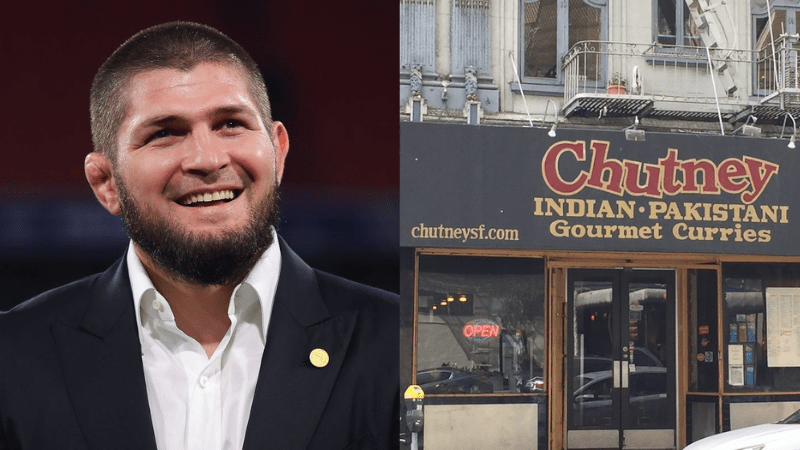
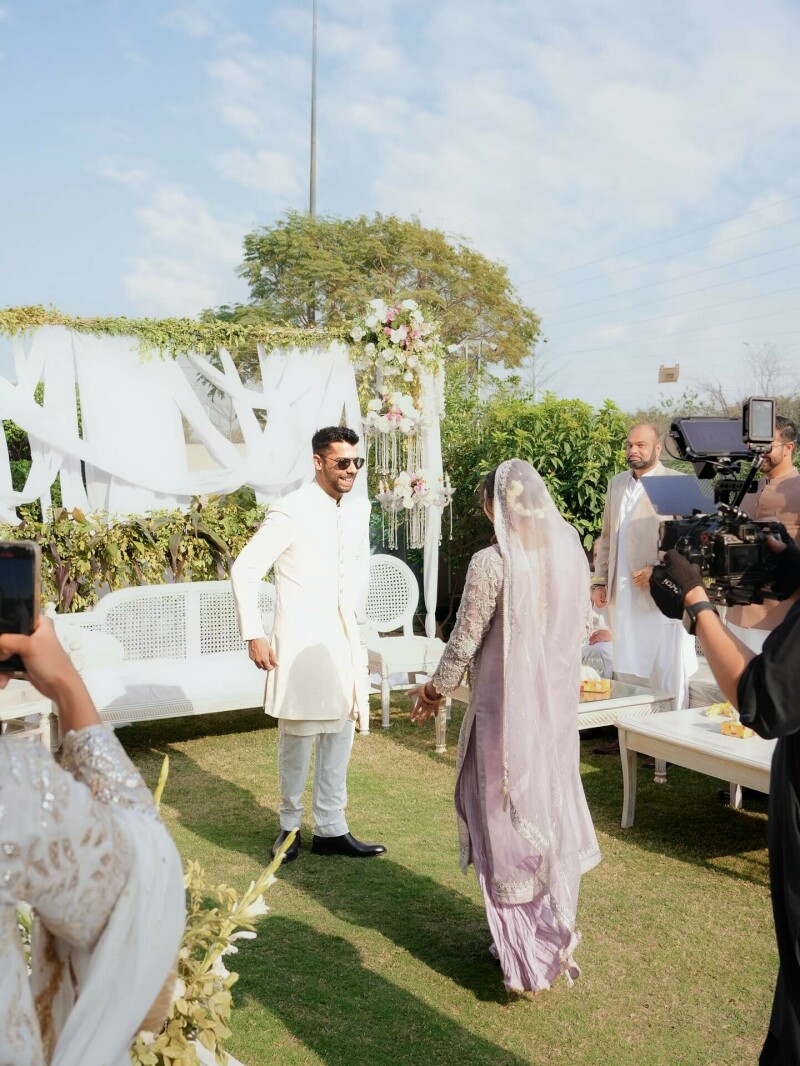

Comments